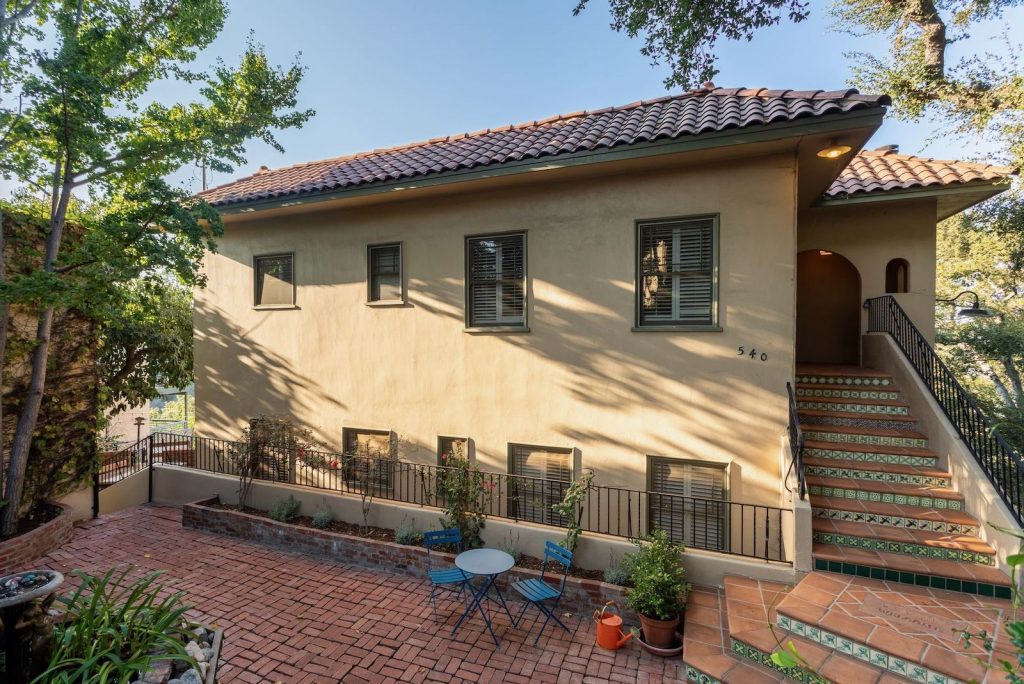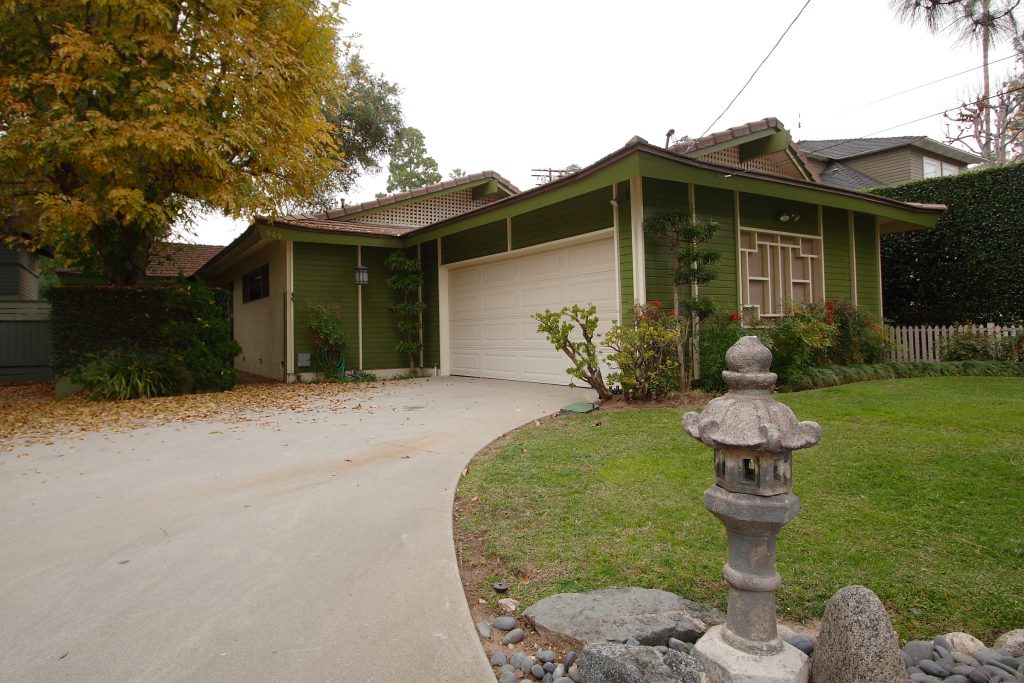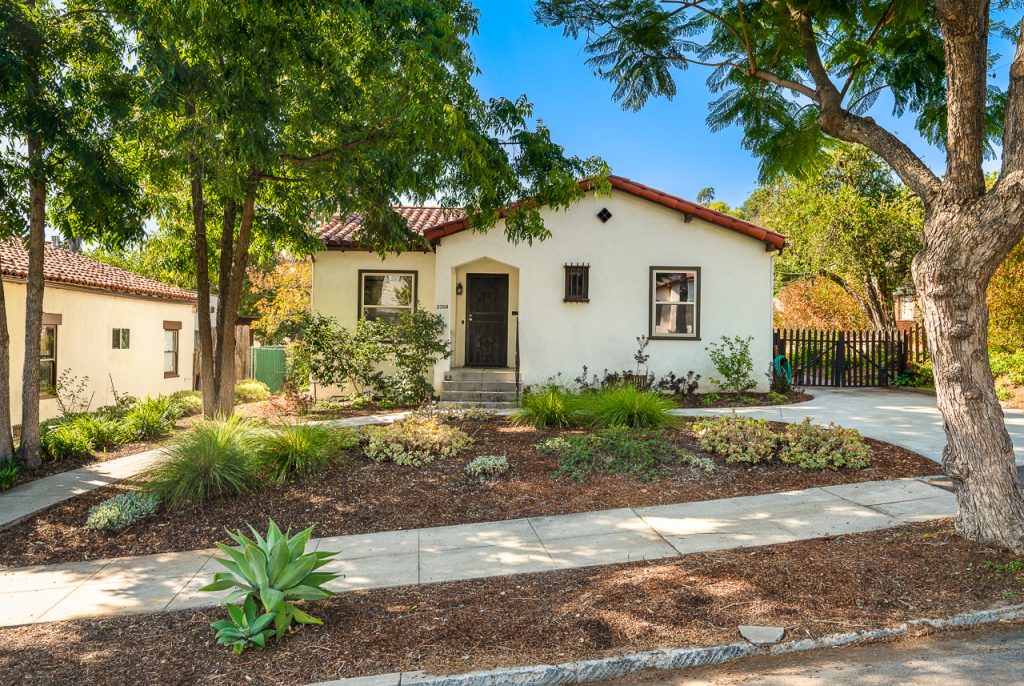Coldwell Banker
388 S. Lake Avenue,
Pasadena, CA 91101
office: 626.797.6500
Email: [email protected]
Determining A Home’s Value
Again and again, you hear about mortgage rates hitting historic lows; now you’re thinking it’s time to refinance. But one hitch may hold some homeowners back: declining property values.
“Homes have lost equity,” said Kathleen Bowen-Ha, the owner-broker and an appraiser for Global Keepers in Dobbs Ferry, N.Y.
Millions of homeowners nationwide have either no equity or negative equity in their homes, and they can usually refinance their mortgages only by paying extra at the closing, or what’s known as a cash-in mortgage.
Those considering refinancing will need to determine the current valuation, comparing it with the mortgage balance. If the balance is at least 15 to 20 percent higher than what you owe, you’re ready to refinance without what would amount to a second down payment.
To obtain a good valuation, some homeowners hire an appraiser, at a cost of $300 to $600, or more on a very large or expensive property. This may be informative, but most lenders will require an official appraisal anyway, and that will have to be conducted by someone on their approved lists, said Diane V. Christiana, a senior appraiser at the Appraisal Consultants Group in Livingston, N.J.
Another, less costly option before a homeowner approaches a lender is to check the “comps” — comparable homes in the neighborhood that have sold in the last three to six months. “You can get a pretty good sense if you’re underwater or not, just based on what’s sold in your neighborhood,” Ms. Christiana said.
Look for recent sales on Web sites like Homegain, Trulia or Zillow, or check local sites produced by real estate companies or run by Multiple Listing Services. Many of these show homes for sale or rent; to gain access to data on sold properties, you can check with local agents.
Ms. Christiana also suggests going to the county assessor’s office and looking up specific homes that have sold recently in your neighborhood.
If you’re looking at comps yourself, consider homes with amenities and square footage similar to yours, said Alan Rosenbaum, the founder and chief executive of Guardhill Mortgage in New York, an independent mortgage brokerage. Mr. Rosenbaum says he prefers sites like Zillow and Streeteasy when doing quick checks on comps for apartments in New York.
Then, after you’ve completed your price analysis with comps, share your findings with the bank’s appraiser to try to ascertain the amount you want to borrow, Mr. Rosenbaum suggested.
When your lender is about to send an appraiser to your home, find out whether the person has expertise in your city or area, either by checking with the lender or looking up the appraiser online. It can hurt your valuation if the appraiser is from another region, Ms. Bowen-Ha said, a situation that occurs less often with local and regional lenders.
Just before your home is scheduled for its official appraisal, spend a few hours touching up and making sure it looks well maintained, Ms. Bowen-Ha said. Hire a cleaning person. Repair any broken windows. Gather up any documentation on upgrades you have had done — for instance, changing out the furnace, adding skylights or replacing appliances. This can help show your home is in good condition, and may be reflected in the value.
Find out what comps the appraiser is using, and make sure that he or she excludes “distressed properties” or foreclosures, Ms. Bowen-Ha added. “If they put those into the pool,” she said, “it will definitely have a negative impact on the value of your property.” If that happens, ask the lender and the appraiser to recalculate your value.
Then be sure to ask for your copy of the appraisal, so you can decide whether it fairly reflects your home and neighborhood. If you feel it’s inadequate, Mr. Rosenbaum said, ask for a second appraisal, and even a third. “Don’t give up,” he said. Gather more information on your home and its value, and keep trying.



















































